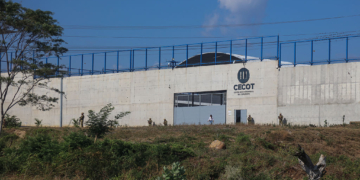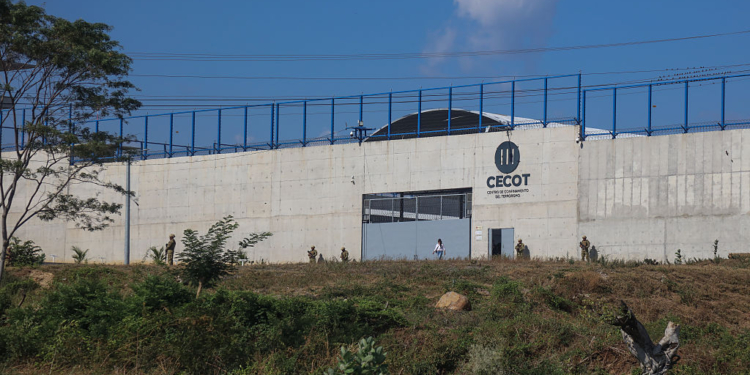A U.S. judge ruled on Wednesday that hundreds of deported Venezuelans who were sent to El Salvador, must have a right to challenge their detentions and the Trump administration facilitate it.
According to Reuters, U.S. District Judge James Boasberg have President Donald Trump and his administration a week to give details on how the deportees will be helped with filing their legal challenges.
Currently, they are being held in El Salvador’s mega-prisons, which are notorious for fostering violent gang culture, specifically the prison gang MS-13.
Boasberg wrote that those that had been deported weren’t given an appropriate amount of notice and did not have a chance to fight against being removed.
“That process – which was improperly withheld – must now be afforded to them,” Boasberg wrote. “Absent this relief, the government could snatch anyone off the street, turn him over to a foreign country, and then effectively foreclose any corrective course of action.”
In March, the Venezuelan nationals were deported following Trump’s decision to invoke the 1798 Alien Enemies Act. The move allowed for the expedited removal of individuals suspected to be members of the Tren de Aragua gang, bypassing standard immigration protocols.
White House spokeswoman Abigail Jackson said in a statement that Boasberg lacked authority to make such a ruling.
“Judge Boasberg has no authority to intervene with immigration or national security – authority that rests squarely with President Trump and the Executive Branch,” Jackson said. “His current and previous attempts to prevent President Trump from deporting criminal illegal aliens poses a direct threat to the safety of the American people. Fortunately for the American people, Judge Boasberg does not have the last word.”
In April, the U.S. Supreme Court ruled that migrants must have the opportunity to contest their deportations under the Alien Enemies Act. Following this decision, courts nationwide blocked the Trump administration from carrying out further removals of individuals suspected to be members of the Tren de Aragua gang under the statute.
However, these rulings were limited to Venezuelans still present in the U.S. who were facing potential deportation under the law.


























 Continue with Google
Continue with Google